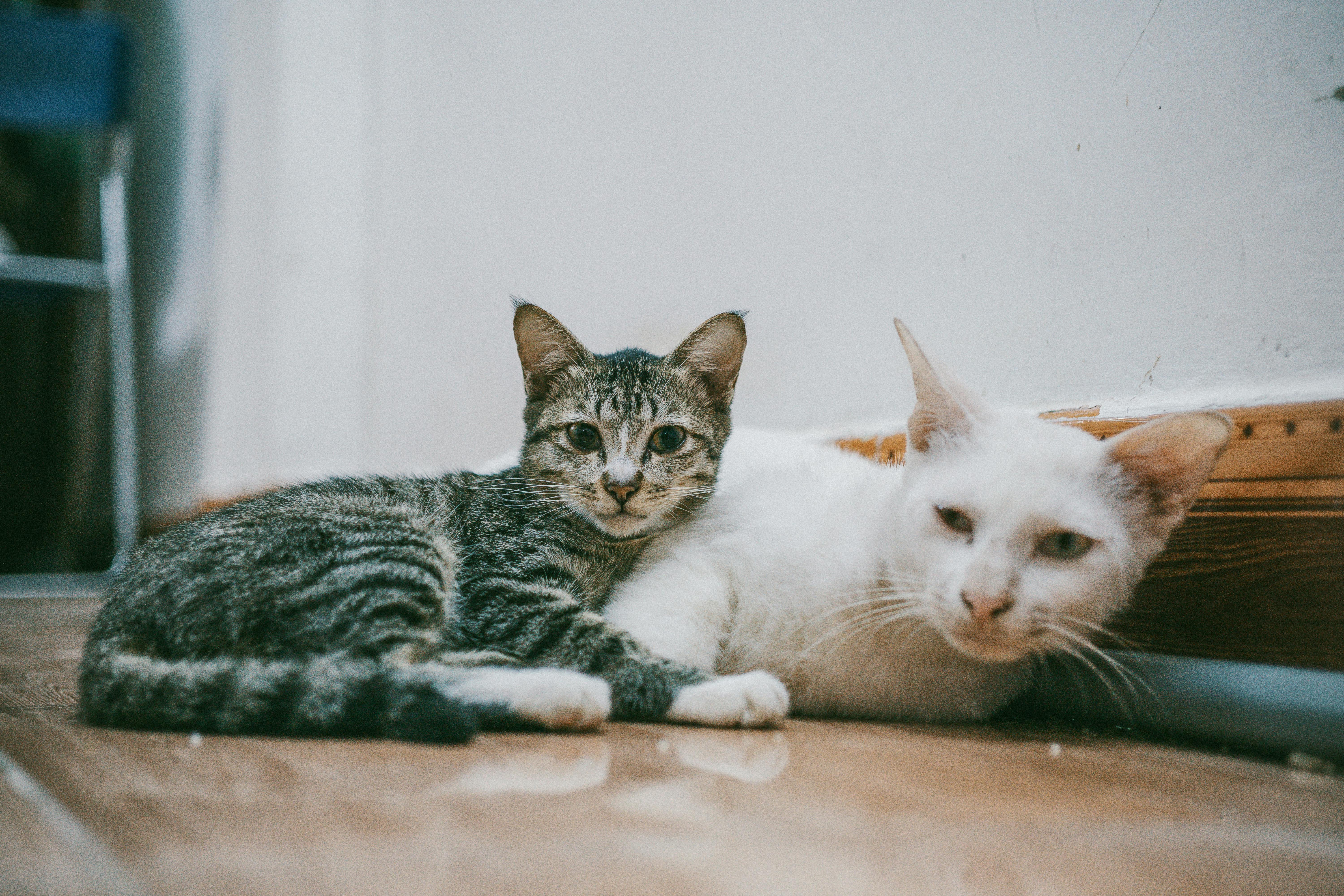Feline Infectious Peritonitis (FIP) Explained by a Holistic Vet
Feline infectious peritonitis (FIP) is a particularly unpleasant disease that causes great confusion and distress. The name itself is misleading; the only absolutely certain point of the name is that of “feline”, since it is not especially infectious, nor is it always peritonitis (inflammation in the abdominal cavity). Unfortunately, the disease is almost always fatal in its active form.
As a general rule, FIP develops mainly in young cats under 2 years of age or older cats 10 years of age and older. It is quite rare in the middle years. A study of more than 800 cats in Great Britain found that in households where one cat had died of FIP, the rate of transmission to other cats in the household was less than 5%. Since these other cats continued to go outside where they might also have been exposed again from another source, it is clear that FIP is not easily transmitted from cat to cat.
FIP is considered to be caused by a virulent form of a harmless bug called the Coronavirus. This virus causes mild diarrhea in very young puppies and kittens, but it is usually self-limited and does not cause many problems. However, the virus is also found in cats that eventually get FIP, where it is thought to have mutated to a virulent form (although this has never been proven).
Saying that the coronavirus causes FIP might be a bit like saying “flies cause litter” just because the two are usually found together. Whether or not the coronavirus is the actual trigger is unknown. Many perfectly normal cats that will never develop FIP will test positive for coronavirus; in my experience about 40% of normal cats are positive. A positive test is just a reflection that the cat has been exposed to the virus at some point in its life, and doesn’t mean much else.
FIP is very difficult to diagnose correctly, at least while the cat is still alive. Most confirmed cases are recognized at necropsy (the technical term for an autopsy in a nonhuman animal). Early symptoms are vague and commonly found with many other conditions, not just FIP. Symptoms include lack of appetite, growth retardation (in kittens), weight loss, rat-like coat, eye problems such as uveitis (inflammation), fever, anemia, lethargy, jaundice, neurological symptoms, and what veterinarians call just “RAM”-meaning “it’s not doing it right”. FIP is typically diagnosed when a symptomatic cat has a positive coronavirus test along with other typical laboratory abnormalities that support the diagnosis.
The actual symptoms of FIP disease are actually caused by the cat’s own immune system. For whatever reason, the immune system overreacts and creates lots of patches of white blood cells that produce tons of antibodies. In some cats, this results in chronic inflammation, usually without clear symptoms; this is called “dry” FIP and is very difficult to diagnose correctly. In the “wet” or “effusive” form of FIP, the body also produces large amounts of fluid, usually in the abdomen, but sometimes in the chest. The liquid is characteristically yellow and sticky; its high protein content is diagnostic of FIP. Both forms of FIP generally cause rapid deterioration and death.
There is a vaccine for FIP, but most experts do not recommend it. The vaccine is not very effective and, in fact, may cause worse problems than it is intended to solve. In challenge trials, vaccinated cats became sicker and died sooner than unvaccinated cats.
There is no good treatment for FIP. Studies have shown variable results with interferon, a drug called Trental (pentoxifylline, a blood thinner), along with prednisolone (a steroid) to suppress immune system overreaction and inflammation. These medications may reduce symptoms and prolong the cat’s life, but there is little evidence that they provide a true cure for FIP.
Since so little is known about the true nature of FIP, it is difficult to recommend specific preventative measures. However, a nutritious diet and proper immune support supplements are always the best bet for creating optimal health for your cat. I recommend a diet of primarily wet foods (either canned or homemade) along with four specific supplements: digestive enzymes, probiotics, antioxidants, and most importantly, omega-3 fatty acids.
